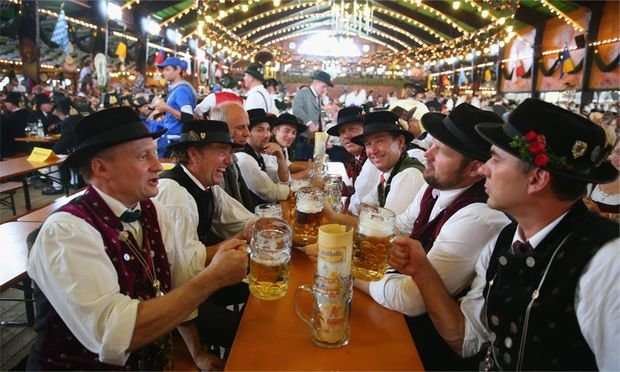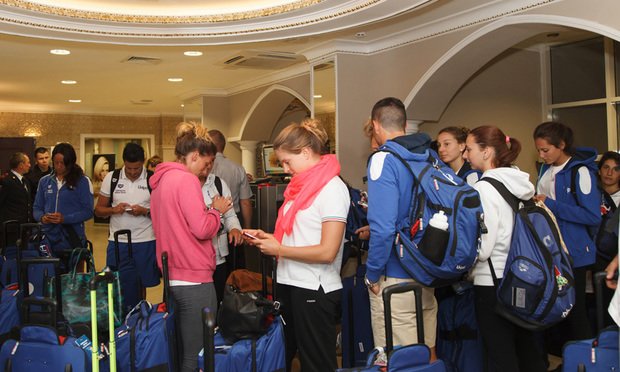''Boost in hotel prices during the peak season is a model of survival''
Vladimir Nikolayev, head of a tourism company, about the scandal with growing hotel prices and other peculiarities of Russian hospitality
The Russian Agency for Tourism published a list of Russian hotels that were raising prices too high during the football world cup one month ago. And then he complimented it. Some hotels raised the tag a hundred and even thousand times by the sports competition. Nizhny Novgorod hotels were noticed in the Volga region. But Vladimir Nikolayev, producer general of 211 tourism company, thinks there is nothing bad. Moreover, Russians got used to underestimating their service. The expert's column in Realnoe Vremya tells why.
We got used to underestimating ourselves and looking at the West or somewhere else. If we compare the Olympics in Sochi and in Pyeongchang, we looked far better. Now I'm in Krasnoyarsk and see the preparation for the 2019 Universiade. Stadiums, roads, bridges, hotels – all is built. All is stirring. I have a feeling that the 2018 WC and 2019 Universiade will be successful.
But to be ready for something, one needs to do it constantly. And we have many opportunities for training. Russia has hosted almost two dozens of international competitions since 2011. World and European championships, the Universiade, Winter Olympics in Sochi and Formula One Grand Prix.
Our sphere of hospitality and tourism services guests every day, their number will be just bigger during the 2018 WC. I'm sure it's impossible to avoid problems, and many people will get experience in the process already. There is nothing bad in it. Any learning or training is so.

''There is nothing surprising in this fact, in general, — it works so around the world. Try to find a room in Munich during Octoberfest.'' Photo: vokrugsweta.ru
The recent scandal with higher hotel prices in the 2018 WC in Russia, actually, doesn't characterise the Russians as greedy. There is nothing surprising in this fact, in general, — it works so around the world. Try to find a room in Munich during Octoberfest. When we went to Germany with the family two years ago, two nights in a middle hotel cost us €1,050. And we booked it three months in advance. Many guests live in neighbouring cities to economise.
It happens always and everywhere, and not only before big events. Going to Iceland in December when it's dark during the biggest part of the day is more or less affordable. A week in a hotel in the central street of Reykjavik will cost €700-800. You will give twice more for the same room in July. It's called seasonality.
I can't say for the whole world, but in Russia, it's a model of survival. The boost in prices during the peak season enables to compensate costs when there aren't any tourists. I managed a tourism facility in Baikal once, we raised prices in summer by 25%. We paid the personnel from this money in winter.
I understand both hotel owners and tourists. The first have to raise the price to distribute the money they earned during the year. The others don't want to pay more. On the one hand, there is a choice – if you don't want a room for 40,000 rubles during the 2018 WC, you can come in winter and pay ten times less. The majority of the foreigners visiting Russia live in hostels and tents, in general. They are identical all over the world.

''I can't say for the whole world, but in Russia, it's a model of survival. A rise in prices during the season enables to compensate costs when there aren't any tourists.'' Photo: kazan2015.com
We work with rich clients, this is why I can't speak for all foreign clients. But I noticed a curious thing among ours – the percentage of positive opinions about hotels from foreigners is higher than from Russians. Probably it's linked to the stereotype that Russia has only taiga and balalaika. They are always impressed with logged mansions that have Wi-Fi and Smart House system besides the fireplace and bear skins.